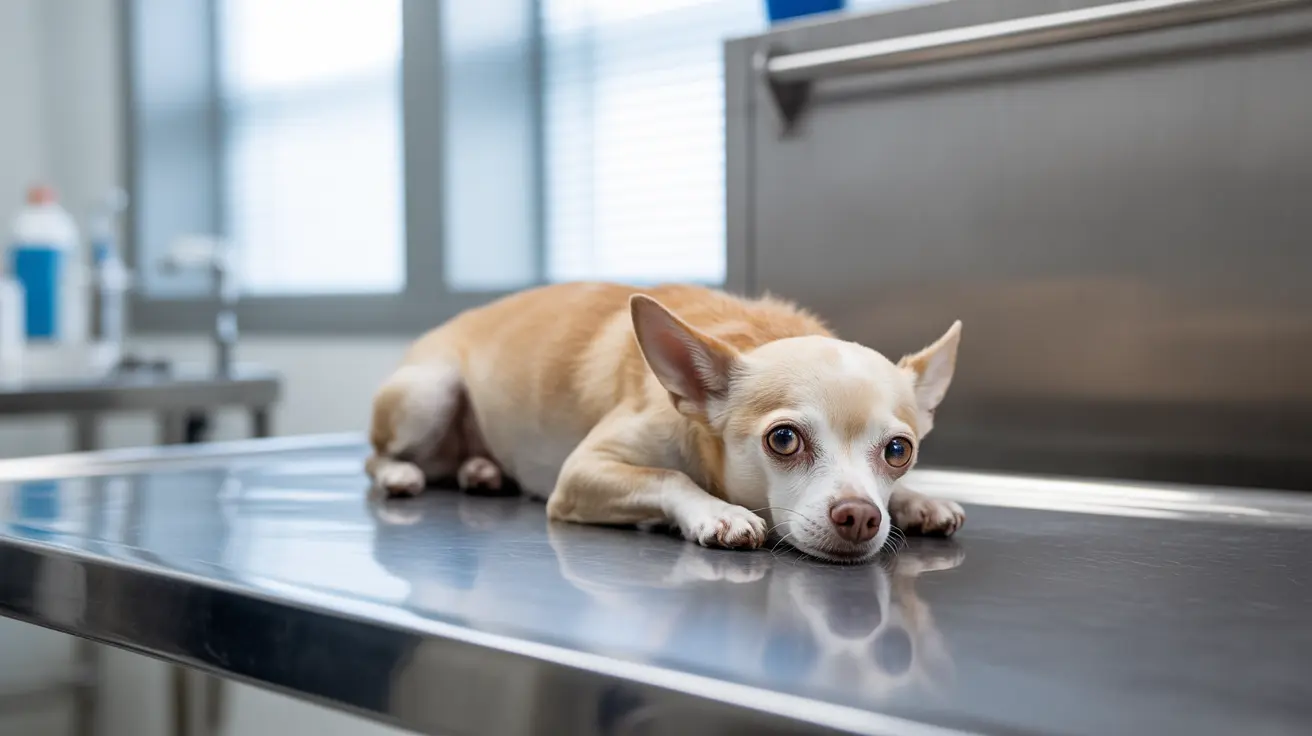What Kind of Cheese Is Safe for Dogs?
Many dog owners enjoy sharing treats with their furry companions, and cheese is often at the top of that list. While dogs can generally eat cheese in moderation, not all cheese types are suitable for them. It's essential to know which varieties are safe and which can pose serious health risks.
Benefits of Feeding Cheese to Dogs
Cheese offers several nutritional benefits for dogs when given correctly:
- High in Protein – Supports muscle maintenance and repair.
- Rich in Calcium – Promotes strong bones and teeth.
- Contains Vitamin A – Good for skin, coat, and vision.
- Includes B-complex Vitamins – Aid in metabolism and energy production.
- Essential Fatty Acids – Support skin and coat health.
Despite these benefits, cheese should only be an occasional treat due to its high fat, salt, and calorie content.
Best Types of Cheese for Dogs
The following cheeses are generally safe for dogs in small quantities:
- Mozzarella – Low in fat, making it a good training treat.
- Cottage Cheese – Lower in lactose and fat, easier to digest.
- Cheddar – Well tolerated by many dogs in small amounts.
- Edam – Mild and safe when given occasionally.
- Gouda – Soft and palatable for most dogs.
- Swiss – Low in lactose but high in fat, so offer sparingly.
- Red Leicester – Safe in small portions without added ingredients.
These cheeses can be offered in cube form for training or used as an enrichment item when smeared on toys or lick mats.
Use Cheese With Caution
Some types of cheese can be hazardous:
- Blue Cheeses (e.g. stilton, gorgonzola, Roquefort) – Contain roquefortine C, a toxic mold that can cause vomiting, seizures, and high fever in dogs.
- Cream Cheese with Additives – While plain cream cheese may be safe, varieties with garlic, onion, or chives are toxic.
- Cheese with Add-ins – Avoid any cheese containing nuts, fruits, herbs, or spices.
- Highly Processed or Spicy Cheese – Can irritate the digestive system and offer no nutritional value.
Cheese Intolerance and Allergies
Many dogs become lactose intolerant over time. Signs of dairy intolerance include:
- Vomiting
- Diarrhea
- Bloating or Gas
- Stomach Pain
Dogs showing these symptoms should no longer consume dairy, and a veterinarian should be consulted.
Dogs Who Should Avoid Cheese Entirely
Cheese is not suitable for every dog. Avoid feeding cheese to:
- Overweight Dogs – Due to high fat and calories.
- Dogs with Pancreatitis – High-fat foods can trigger flare-ups.
- Dogs with Kidney Disease – High salt content can be harmful.
- Dogs with Food Allergies – Can worsen allergic symptoms.
- Dogs on Special Diets – Especially those requiring calorie control.
Safe Ways to Offer Cheese
- Start with a small portion and monitor for negative reactions.
- Keep cheese as an occasional reward – no more than 10% of daily calories.
- Choose low-fat, low-salt, and plain cheese varieties.
- Use cheese for training or enrichment, like in puzzle toys.
- For puppies, offer tiny cubes rarely, mainly during training.
Cheese and Medication
Cheese is often used to hide pills. However, some medications, especially antibiotics, may interact with calcium, reducing effectiveness. Always consult your vet before combining cheese and medicine.
What To Do If Your Dog Eats Unsafe Cheese
If your dog accidentally consumes a hazardous type of cheese or a large quantity of cheese, look out for signs of distress such as:
- Vomiting
- Diarrhea
- Lethargy
- Seizures
- Tremors
Seek immediate veterinary assistance if any of these occur.
Final Thoughts
Cheese can be a delicious and beneficial treat for dogs when offered responsibly. Stick to plain, low-fat varieties like mozzarella or cottage cheese, avoid ingredients that are toxic, and always offer it in moderation. If you're ever unsure, consult your veterinarian to ensure you're making the best dietary choices for your dog's health.





